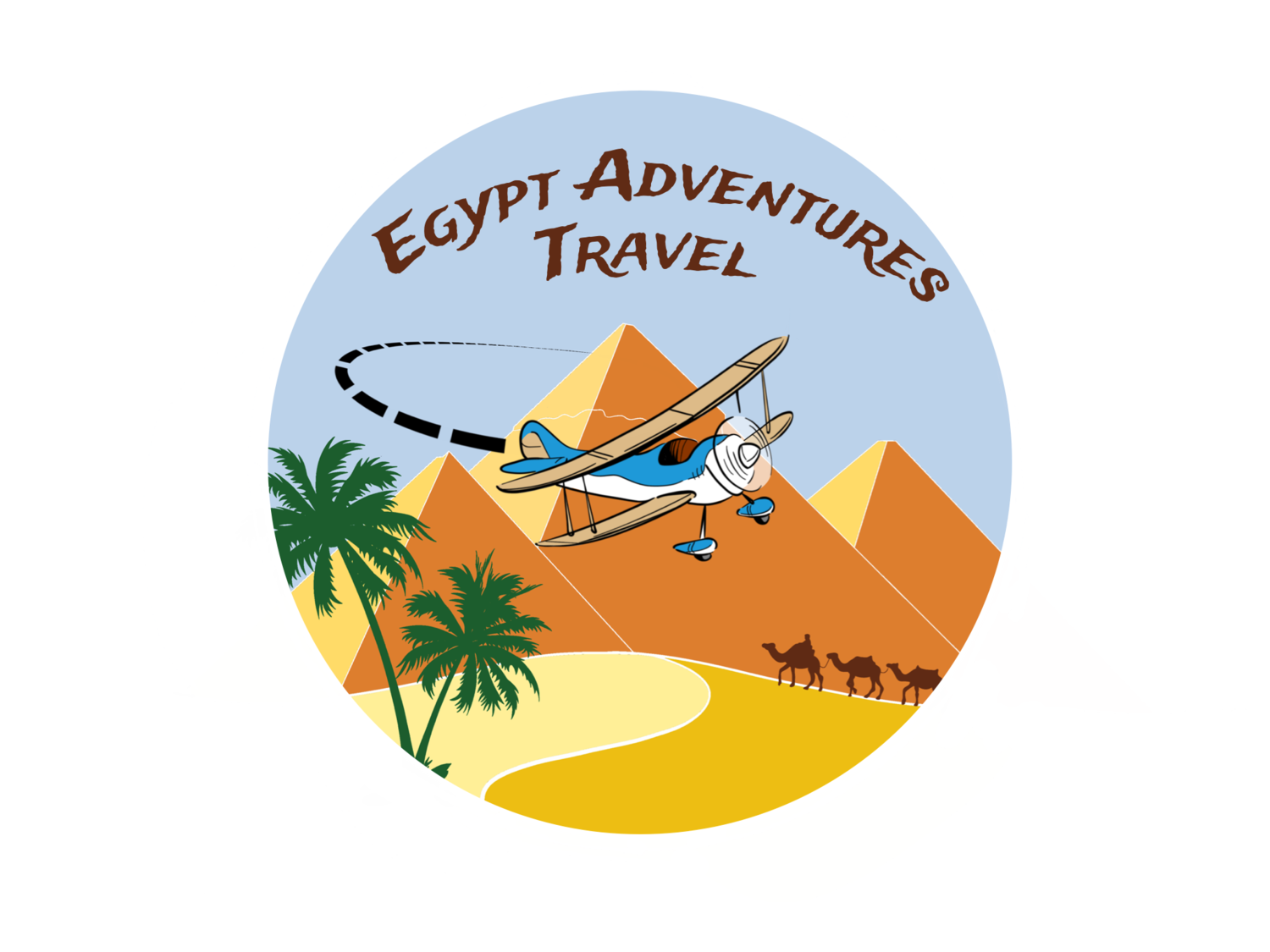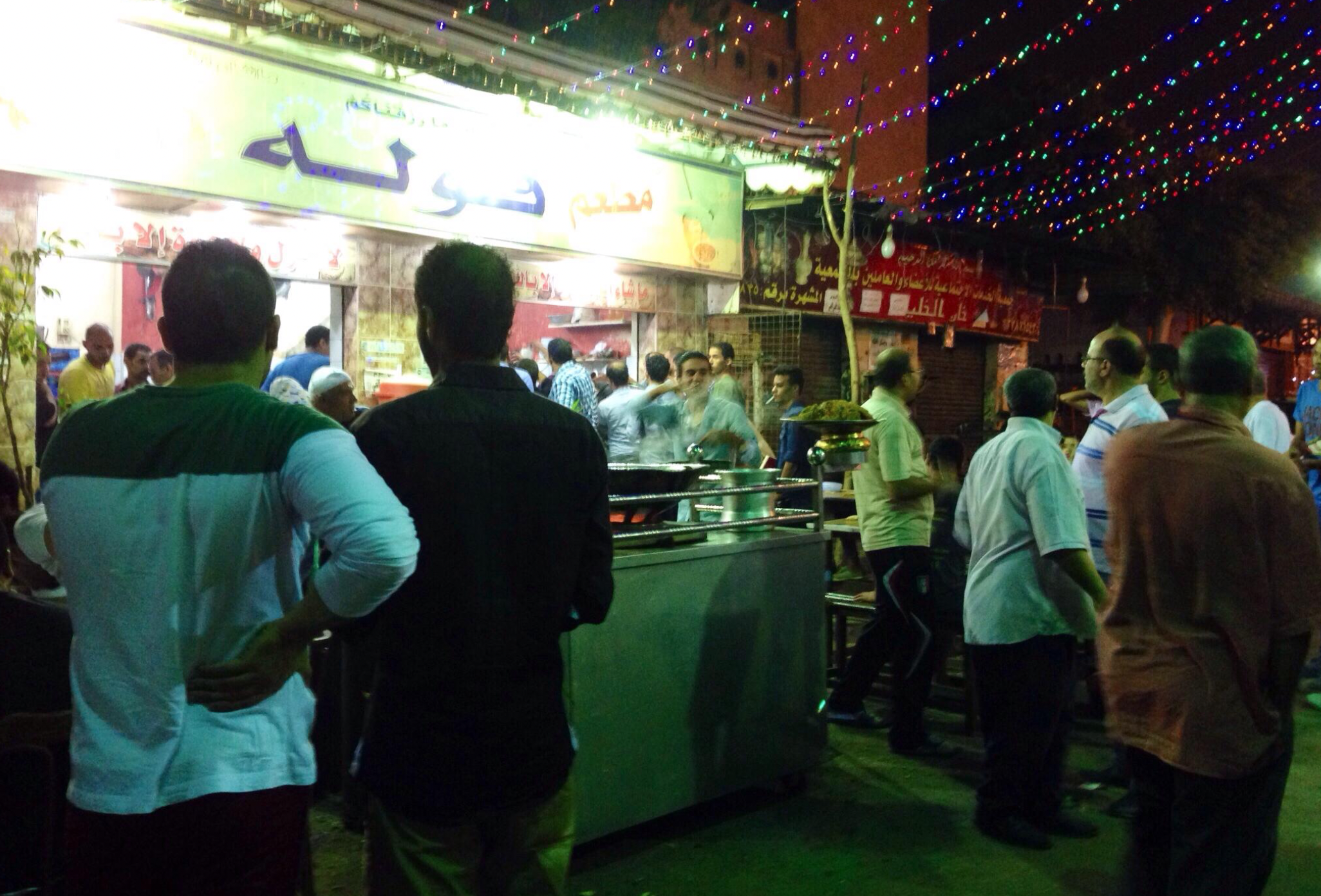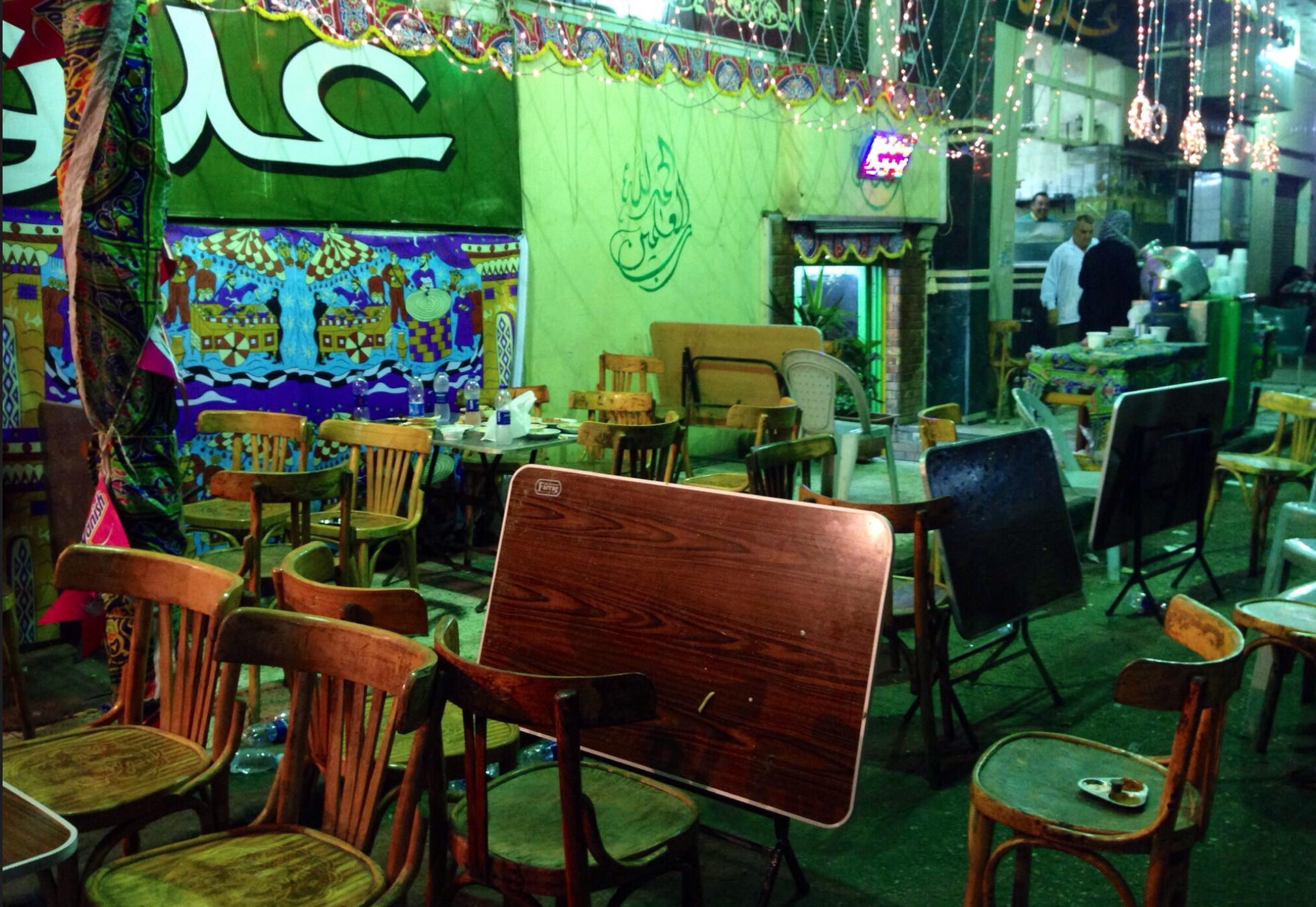When is the best time to visit Egypt?
We get asked the question, “When is the best time to visit Egypt?”, a lot!
The short answer to that question is, anytime! The long answer is that each season to Egypt has benefits and drawbacks, and that the answer for the best time to visit depends on:
-The weather travelers want to have
-The places travelers want to visit
-Whether or not Ramadan is being observed
-What special events are happening
We will go over each of these four factors in this post to help you decide when the best time for your Egypt adventure will be!
Weather
Luxor (left) has beautiful weather in the winter, but can be intensely hot in the summer, whereas Alexandria (right) is perfect weather-wise in the summer and fall, but can be rainy and windy in the winter.
Egypt is generally warm or hot and sunny year round. You will see variations depending on what part of the country you are in (Cairo, the north coast like Alexandria, in the south like Aswan, on the Red Sea like Hurghada, in the Sinai like Sharm, etc.), but for the most part, if you want warm or hot weather, visiting Egypt any time of the year is a good idea. The nuance comes in when you decide just how hot you want to be during your trip.
Generally, between November and May the weather is more mild, with temperatures between 50 degrees and 80 degrees Farenheit in Cairo, with December, January, and February being the coldest months, and November, March, April, and May being warmer.
Further south in Luxor, similar temperatures can be had between November and April (May is already fairly hot), with the variation during the day being greater (out in the desert the sun makes it hotter during the day, but as soon as the sun goes down, temperatures drop drastically, sometimes 30 degrees).
The summer months of June-September are fairly hot everywhere except Alexandria, with average highs above 90 degrees for Cairo and above 100 degrees for Luxor. If you like the heat, or don’t mind the heat, summer is a great time to visit. In the heat of summer, there are not as many tourists, sites are more open, hotel prices are more affordable, and travelers often receive more attentive service. The only place we would not recommend visiting in the summer is Alexandria. Since so many Egyptians use it as a summer escape, prices skyrocket and the beaches and streets become packed with throngs of people.
October is a wildcard--toward the beginning of the month the weather can still be fairly hot, especially the further south one goes, but toward the middle of the month temps become much more mild as fall transitions into winter.
Some destinations, like Sharm El Sheikh, are perfect to visit with beautiful weather year-round. After all, even if it is over 100 degrees in the summer, but you are right by the sea, is that really a bad thing?!
Best times by destination
Cairo
Best time to visit: November-December or April-May to get the best weather--warm and sunny during the day, cool at night. December is a fairly busy month to visit, but the other months are not as crowded.
Worst time to visit: If you are not used to very hot weather, avoid July-September. These months can be brutally hot, and not a lot of places besides hotels, private cars, and fancy restaurants have air-conditioning
Our tips: Cairo does have rain, but not often. Rainy season is in the winter, when roads can sometimes flood, but will never be so bad as to impede travel. Cairo also has sand storms that kick up in the spring and can feature high winds that will kick up intense amounts of sand and dust. The Pyramids of Giza and Saqqara are really the only sights in Cairo sandstorms would make difficult to see though, and they usually only last a few hours.
Luxor/Aswan
Best time to visit: November-April feature hot, sunny weather by day and cool, sometimes cold temps at night. Even in the heart of winter the desert will heat up by midday to a relatively scorching heat when standing in the sun.
Worst time to visit: Like Cairo, if you are not used to heat, avoid the summer months. June-October are punishingly hot in Luxor and Aswan, and most of the sites are outdoors and in the desert, where it is hard to find shade.
Our tips: Taking a cruise to Luxor and Aswan is a great way to avoid the heat if you are traveling in the summer. Many cruise ships have a pool in order to cool down when on the ship, and you will visit all sites with air-conditioned buses, leaving the amount of time you need to be in the sun to a minimum.
Many tourist destinations in Luxor and Aswan, like Hatshepsut’s Temple (pictured above) are mostly in direct sunlight and can be very hot in the summer.
Alexandria
Best time to visit: Alex is absolutely gorgeous during the fall and spring, so we would recommend October-December or March-May for your visit to this Mediterranean jewel.
Worst time to visit: Alexandria is hit with intense crowds during the summer months (June-September), so beaches can be overwhelmingly crowded, hotels expensive, and streets packed during these months. Alexandria can also be somewhat cold, rainy, and windy during the winter (December-March), so if you are trying to escape to Egypt for sunshine and warmth, it would be best to avoid Alex during this time.
Our tips: If you want to visit Alexandria to see the sights, have some seafood, and enjoy the view of the sea (but not necessarily go to the beach), then summer is actually a fine time to visit. Most Egyptians just want to escape the heat and spend some time on the water, but tourist sites do not have an influx of people in the summer. As long as you don’t mind crowds when you go from place to place, summer will treat you well in Alexandria.
Sinai (Dahab, Sharm el Sheikh)/Red Sea Coast (Hurghada, El Gouna)
Best time to visit: Anytime! The weather is almost always warm or hot and sunny, and the Red Sea is relatively warm. There are not many times that are crowded, except for during Egyptian holidays.
Worst time to visit: Dahab and the resort cities on the Red Sea can become busy during the two Eid breaks (a holiday that occurs right at the end of Ramadan and again a few months after the end of Ramadan), but this sometimes means the cities will be more lively, with more people out at the bars and clubs and lounging on the beach, providing better people watching opportunities!
Our tips: If you are interested in diving or snorkeling, make sure you wear a full-length wetsuit when in the water December-April, since it can be cold! Bring plenty of towels and warm clothes for when you get out of the water and need to warm up. Even if it is sunny and 65 degrees outside, it can feel pretty chilly after stepping out of the water. Also, if you have any interest in hiking in the desert and climbing up Mt. Moses, we would recommend bringing full-on winter gear (long pants, jacket) if doing so in the winter. It can get very cold up in the Sinai mountains!
Ramadan
Ramadan is a magical time in Egypt, with many mosques being lit up similarly to houses being lit up at Christmastime in the United States.
Ramadan is a month-long religious holiday observed by Muslims all over the world. It involves a lot of things, most notably fasting during the day from sunup to sundown (refraining from even drinking water), and then breaking the fast each evening with a special meal called “iftar”, usually with family or loved ones.
Ramadan in Egypt provides a unique opportunity for travelers to experience a unique part of Egypt’s culture. During Ramadan certain special foods are prepared, the city comes alive at night with popup restaurants all over providing the iftar meal, and Egyptians have a special spirit of reflection, generosity, and self-improvement.
At the same time, Ramadan means that things will be much quieter than normal during the day. In cities like Cairo, Alexandria, Luxor, Aswan, and cities on the Red Sea, many restaurants will be open during the day, but they will be virtually empty, and many others will be closed until sundown. In smaller cities, almost everything will be closed until sundown. Everyone and everything moves more slowly during Ramadan, since Muslim Egyptians try to conserve energy during the day while they forgo eating and drinking (imagine no water for a whole day!).
Our recommendation if a trip falls near or on Ramadan is to try and plan the trip so that it falls either toward the beginning or the end of the holy month, so that some days of the trip occur during Ramadan, and some days occur outside of Ramadan. That way, a traveler gets the best of both worlds--they get to experience all the wonder of Ramadan, but also get to see what Egypt is like outside of that festive, religious time. Ramadan occurs at a different time each year--in 2021 it will begin around April 12 and will end around May 13.
Food spots are busy during Ramadan, but only at night. Almost everyone in the whole country breaks their fast each day at the same time, which is awesome to see and experience.
Special Events
Like any destination, Egypt has special events that happen at different points of the year that provide unique opportunities for adventurers. Here are just a few to note for your trip:
22 February and 22 October, Ascension of Ramses II: This happens at Abu Simbel Temple south of Aswan twice a year, when the sun aligns with the temple in a way that illuminates the statues of the gods inside the heart of the temple.
An awesome time to visit Abu Simbel Temple is on the 22nd of February or October, when the sun aligns perfectly with the temple’s center.
March, date TBD, Downtown Contemporary Art Festival (DCAF): Cairo has tons of amazing visual and performing arts, and DCAF is an intense festival providing tons of opportunities to take in all the arts has to offer, from watching a film screening to visiting a painter’s studio and meeting with the artist. Right now plans for DCAF are on hold due to Covid-19, but the festival takes place yearly in March
June, date TBD, Sandbox: Set in El Gouna, a gorgeous resort city on the Red Sea, Sandbox is a multi-day festival featuring tons of DJs providing live music sets while revelers party outside on the beach. Fun for festival enthusiasts, but definitely not kid-friendly.
November, date TBD, Tunis Pottery Festival: Tunis Village just outside of Fayoum features several pottery workshops where artisans create gorgeous, folk-style ceramics. This village comes to life during a pottery festival that happens in the late fall, where artisans display their best works and do demonstrations on making pottery in the Egyptian style.
December, date TBD, Cairo International Film Festival: This film festival features films from all over the world, and happens at the gorgeous Cairo Opera House. Dress up and take in a film or two, followed by a fancy dinner or cocktail hour at one of the flashy restaurants in Zamalek.








